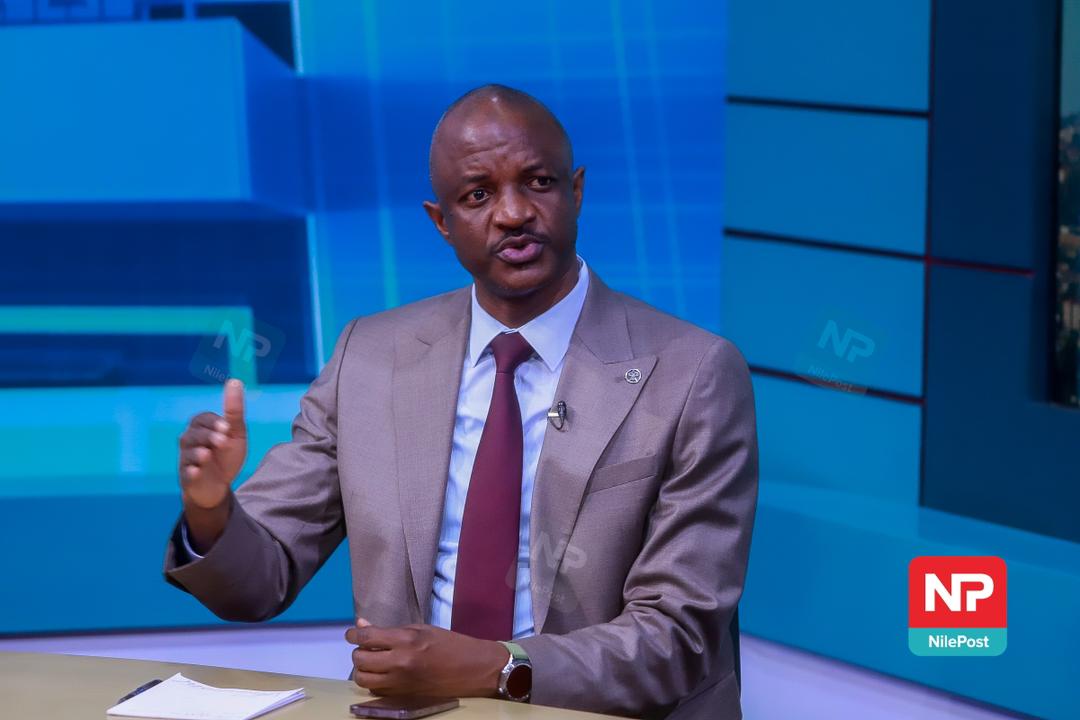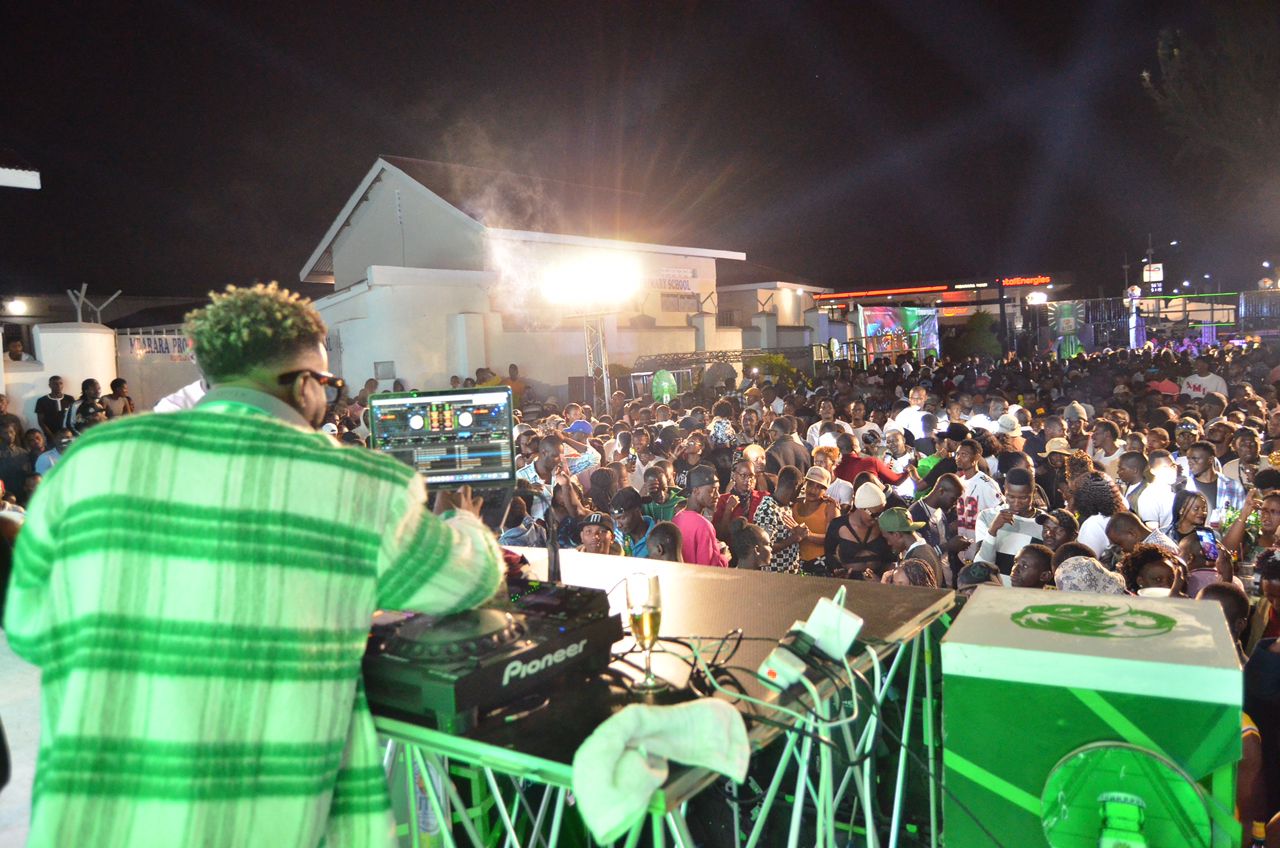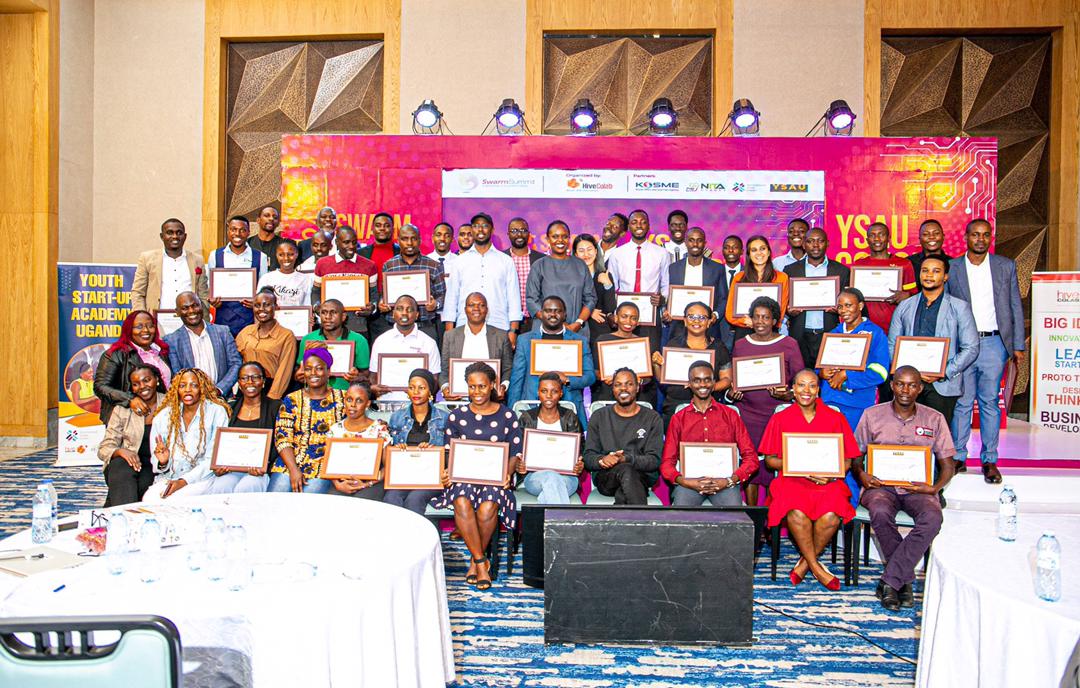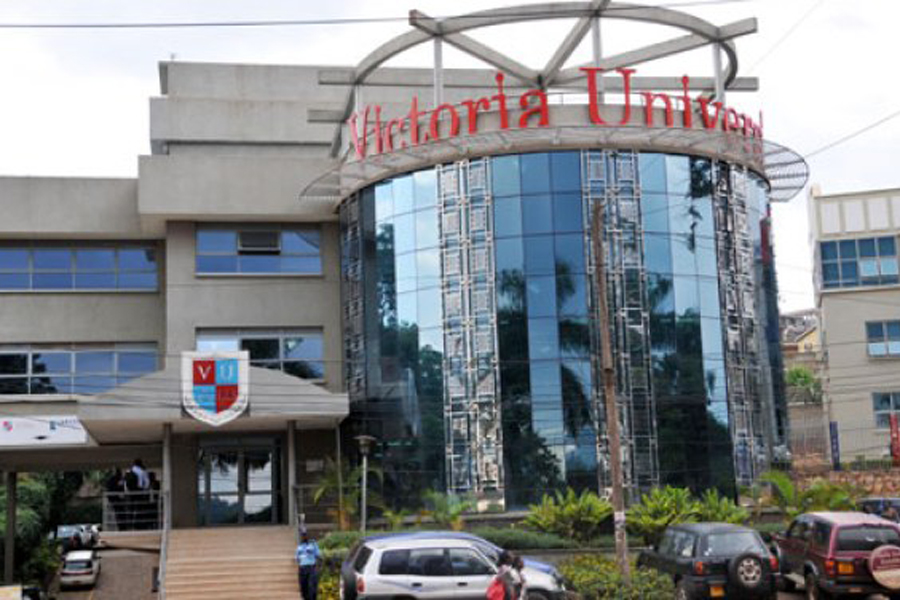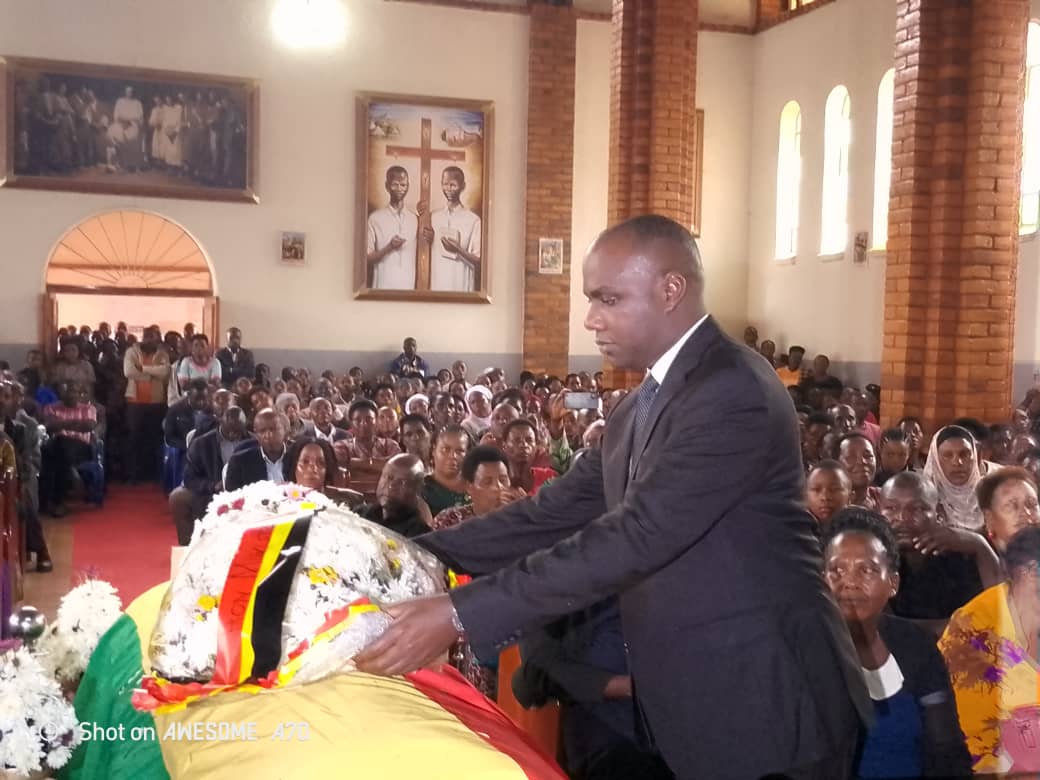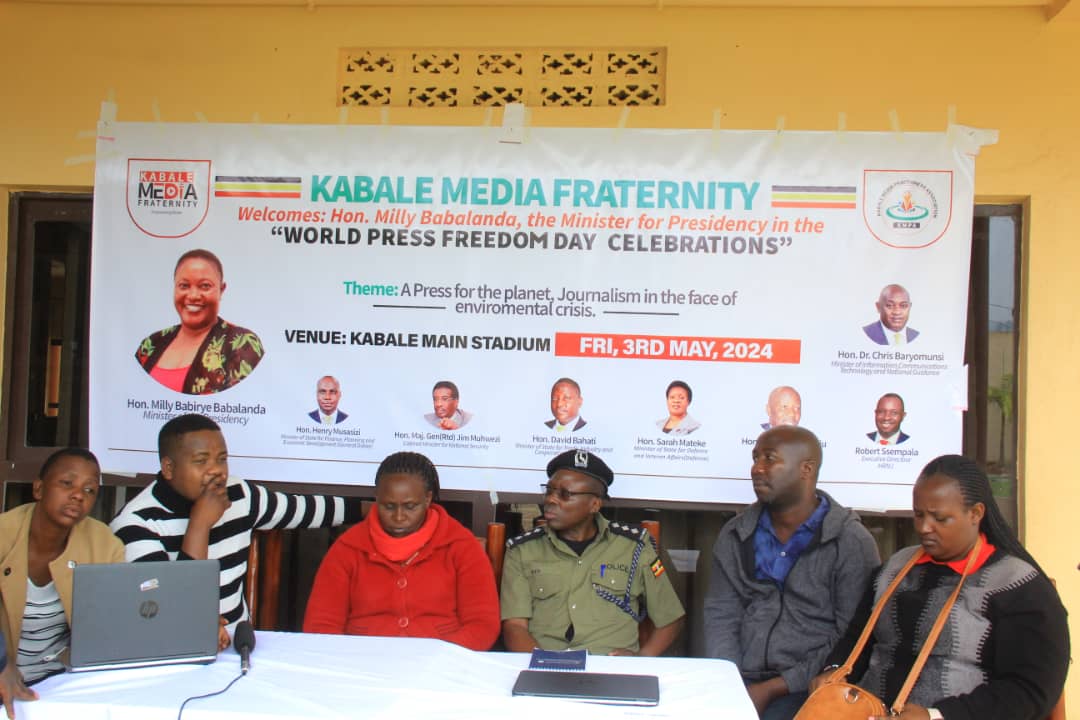Why do Muslims fast?
The Director of Sharia at Kibuli, Dr Hafiz Walusimbi, has announced the sighting of the moon, marking the commencement of the holy month of Ramadan starting today.
"The fasting for the holy month of Ramadan begins on Monday, March 11, 2024. I urge all the imams to prepare for the performance of Salah Taraweh," he stated.
Keep Reading
Walusimbi called upon the Muslim community to make the most of this sacred month.
"We should utilize the fasting in this holy month of Ramadan by engaging in all forms of worship, such as extending charity to the needy, reciting the Quran, among other acts that Prophet Muhammad (Peace Be Upon Him) emphasized for us to do during this sacred month," he emphasised.
Muslims worldwide will commence observing the holy month of Ramadan, a period of profound spiritual reflection and fasting that recurs annually.
The festival initiates with the sighting of the crescent moon, typically appearing one night after the new moon.
As one of the five pillars of Islam, along with faith, prayer, charity, and pilgrimage, Ramadan commemorates the first revelation of the Quran to the Prophet Muhammad, a sacred occasion honoured through abstinence from sunrise to sunset.
Throughout the month of Ramadan, Muslims worldwide will fast and engage in prayer, breaking their fast at sunset alongside family and friends.
The Islamic calendar follows the lunar calendar, causing the start of Ramadan to vary each year on the Gregorian calendar. The holy month lasts 29 to 30 days, depending on the sighting of the crescent moon.
Why do Muslims fast?
Ramadan is a sacred month dedicated to prayer and Quranic recitation, promoting generosity and charity towards worthy causes and neighbours.
It is a time for introspection, self-discipline, and spiritual growth, drawing Muslims closer to Allah through abstaining from earthly distractions such as food, water, cigarettes, and sexual activity during daylight hours.
A modest meal, known as "Suhoor," is consumed before dawn, and the fast is broken with "iftar" after dusk, with nothing consumed in between, not even water.
Chapter 2, Verse 185 of the Quran elucidates the purpose of fasting: "The month of Ramadan [is that] in which was revealed the Quran, a guidance for mankind and clear proofs of guidance and criterion. So whoever sights [the new moon of] the month, let him fast it; and whoever is ill or on a journey - then an equal number of days [are to be made up]."
The revelation of Allah's word to the Prophet occurred on "Laylat al-Qadr" (the Night of Power).
Fasting during Ramadan is obligatory for all Muslims from a young age, sometimes beginning as early as ten. Exceptions include those who are too ill to fast, travellers, pregnant or breastfeeding women, and individuals menstruating.



